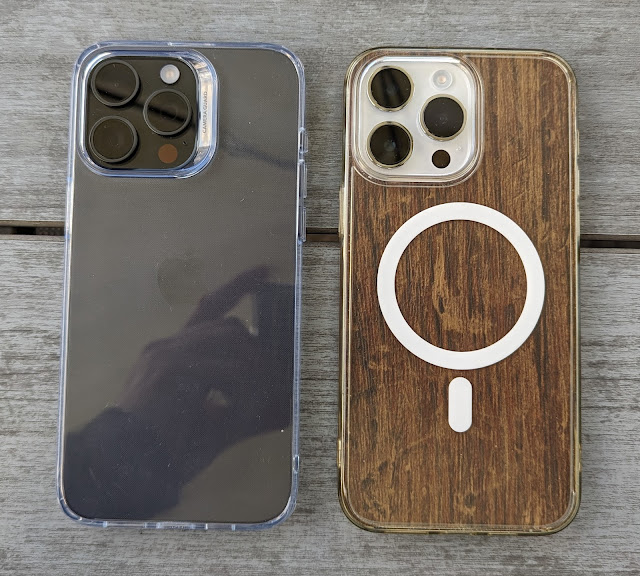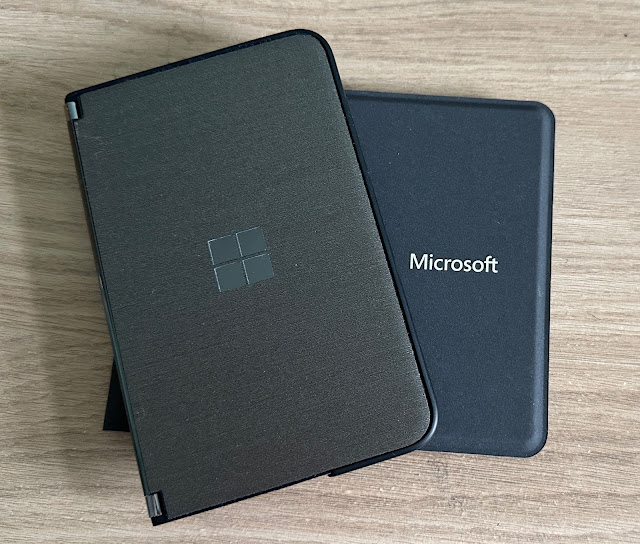When one's master music library is purely digital - and totally unique
Having a hobby of 'collecting music' used to involve shelves and shelves of vinyl LPs (yes, yes, wonderful cover sleeves, and all), then this evolved for many into cases and cases of cassettes (much smaller but just as fragile, but it's all we had in the 1980s). Then, in terms of physical media, eventually into CDs from the mid-1980's onwards, so most of us had 'towers' of CDs scattered around our house. Or perhaps packed tightly into living room shelves.
Life was good in terms of the hobby itself, but at some point in most people's lives physical space becomes a premium - perhaps when starting a family or down-sizing for whatever reason. And, with the advent of truly digital music from about 2000 onwards, in theory one can collect music with no space requirement other than the equipment required to play it.
Life was good in terms of the hobby itself, but at some point in most people's lives physical space becomes a premium - perhaps when starting a family or down-sizing for whatever reason. And, with the advent of truly digital music from about 2000 onwards, in theory one can collect music with no space requirement other than the equipment required to play it.
But there's more to it than this, especially in 2024. After all, if what you want to listen to is popular music then it's trivial to stream it via Spotify or Amazon Music or similar. Pay a tenner a month and then everything is available whenever you want on any signed-in device. Easy peasy and you never have to worry about having bought something in the past or even buying new material that comes out, because everything's available all the time. A music nirvana?
Well possibly. At this point in time, even the obscure stuff that I enjoy from the 1970s (e.g. "Eloy" or "Underground Zero", anyone?) has made its way to Spotify. But it's somewhat buried and I do like to have more direct access to what I want to listen to.
Plus I'd like to listen to anything without relying on an Internet connection. What if the broadband goes out (a weekly thing with us and Virgin, it seems)? What if I'm down to streaming music on my cellular connection when mobile? Do I have enough signal? Do I have enough data left from my 8GB monthly cap?
Simply put, having my 'own' collection of digital music seems to make sense to me. A set of 50GB or so of MP3, WMA, or M4A (etc) files, at decent bitrate, neatly organised into artists and albums, that can be copied to devices, backed up, and generally err... 'collected'.
There are bonuses to this approach, in that I can create my own album versions. So the bonus mix of a track is superior to the original album version? I stick that in, in place. So there are extra tracks, culled from obscure web sites and promos? Clean them up and add them to my collection in the right place. So a classic album is officially remixed and remastered? I just replace the originals in my collection with the new music files.
With Spotify or other streaming services, you never quite know which exact version of tracks you're about to be served up. With physical CDs, cassettes, and LPs, you're limited to whatever was put out at the time. In each case, with the caveat that I need 50GB of storage on any device I want to listen to music on (not an issue these days), I have complete and perfect control over every expanded album, every track, every mix.
Of course, I might just be odd doing all this. Comments welcome if you're odd too!




Comments
I have no desire to pay for a streaming service when I have already paid for nearly all of the classical music I wish to listen to. Furthermore, once I go down that line, I am effectively bound to carry on paying. So would be locked in.